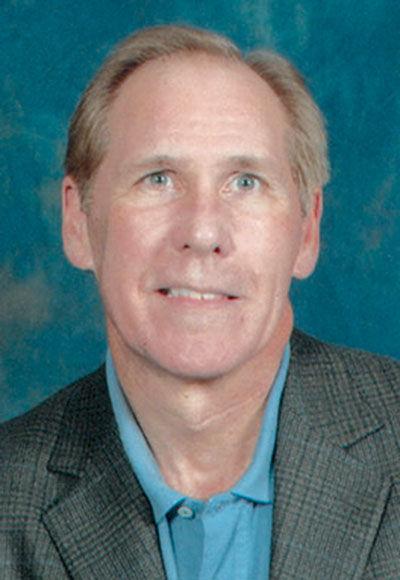How to build a golden bridge
Former FBI agent Robin Dreeke labeled it a “negative tell for the language of trust” when one speaks in absolutes like “always” or “never.” For example, “You never fill my tank with gas unless I ask you,” or “You always are nice to other people, but not to me.”
Recipients of these “negative tells” are thus painted into a corner from which there’s no escape. They either deny the accusation (as Amos and Andy’s friend, Kingfish, used to say, “I deny the allegation and I deny the allegator!”), or they curl up in a little ball of miserableness, admitting their transgressions and pleading for mercy.
Former President Richard Nixon had a better suggestion for negotiation, and he was involved in many high-level negotiations with world leaders. Nixon said one must give people a “golden bridge for escape.” In other words, the negotiator doesn’t condemn without mercy, but finds a way that the other party can feel good about the situation and the two remain friends for future discussions.
In the home this golden bridge could be a simple request. “Would you do this for me?” or “It would help me if you’d do this,” rather than castigating the person for not doing anything. Or a spouse might confess personal failure, such as “I know I don’t do all that I should, but I think we both can promise to do better.”
The golden bridge works in business, too. An employer might say, “I know you’ve been busy, but I really need this project to be completed,” rather than “What in the world have you been doing with your time this week?”
And we could use some golden bridges in church, too.
I administered a survey to a prayer group in our church lately. The survey was 30 years old, and my point was to show how much things had changed. For example, one question was “Would it be acceptable if the pastor used a translation other than the King James Version?” I remember this being a hot topic in the day, but now, not so much. In most congregations there will be a dozen or more translations among worshippers.
Another question was clapping in worship, which used to be controversial, but now not as much. And another question was about joining hands in worship. This was quite common years ago, but has been decimated by COVID. Today we disagree about issues other than these.
Sometimes church members disagree, but approaching each other with kindness is the best way to have productive discussions. Rather than “you never” or “you always,” we can say, “Friend, I value your thoughts. Can you help me understand your point-of-view?”
President Nixon had a good idea. Reflections is a weekly faith column written by Michael J. Brooks, pastor of the Siluria Baptist Church, Alabaster, Alabama. The church’s website is siluriabaptist.com.


Meet the Editor
David Adlerstein, The Apalachicola Times’ digital editor, started with the news outlet in January 2002 as a reporter.
Prior to then, David Adlerstein began as a newspaperman with a small Boston weekly, after graduating magna cum laude from Brandeis University in Waltham, Massachusetts. He later edited the weekly Bellville Times, and as business reporter for the daily Marion Star, both not far from his hometown of Columbus, Ohio.
In 1995, he moved to South Florida, and worked as a business reporter and editor of Medical Business newspaper. In Jan. 2002, he began with the Apalachicola Times, first as reporter and later as editor, and in Oct. 2020, also began editing the Port St. Joe Star.